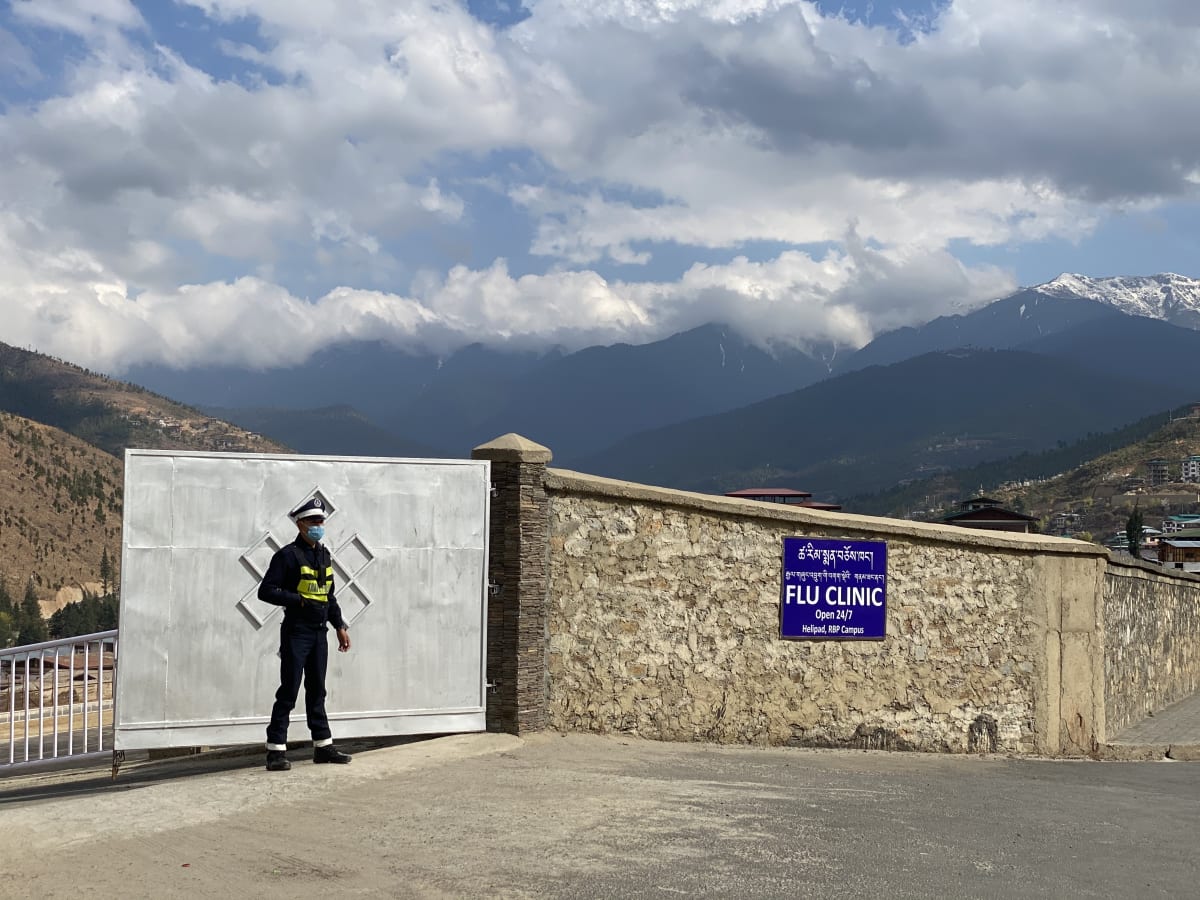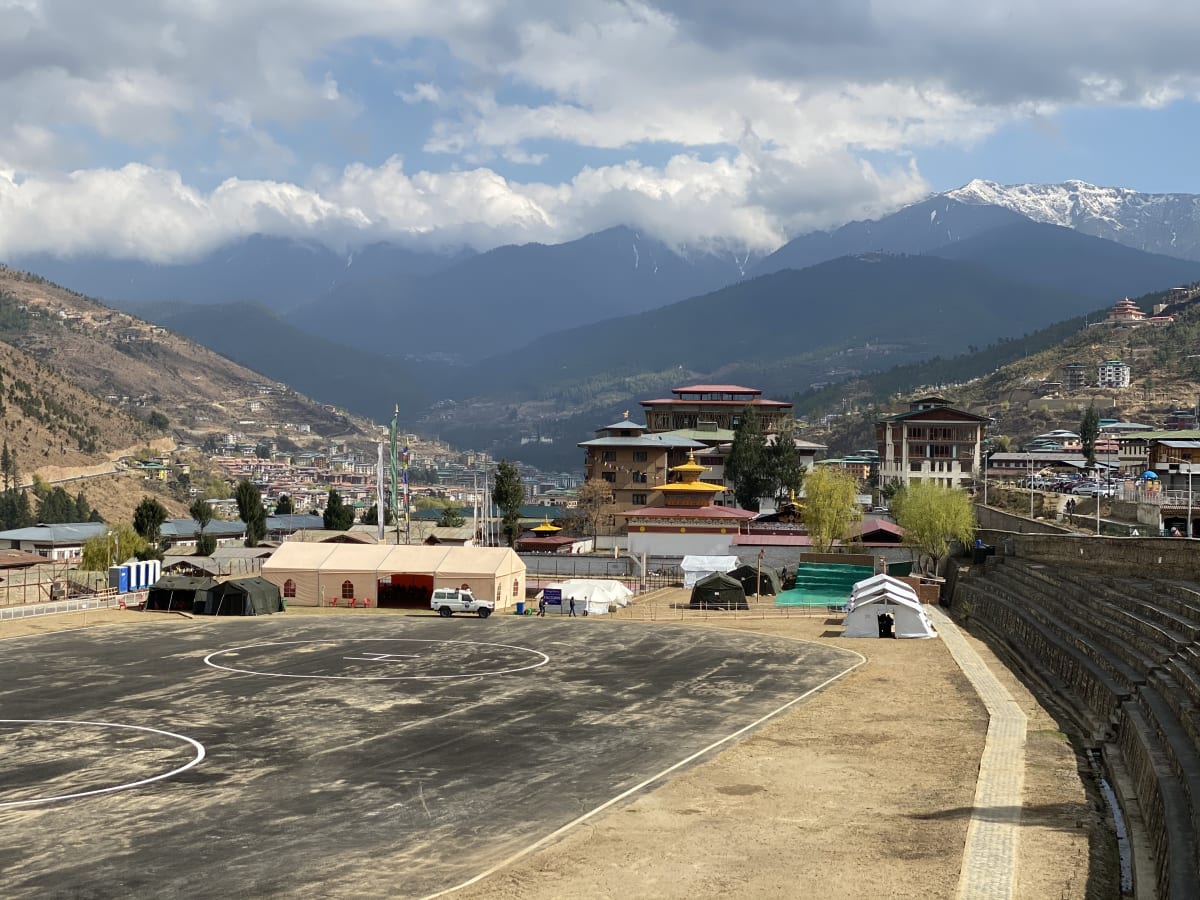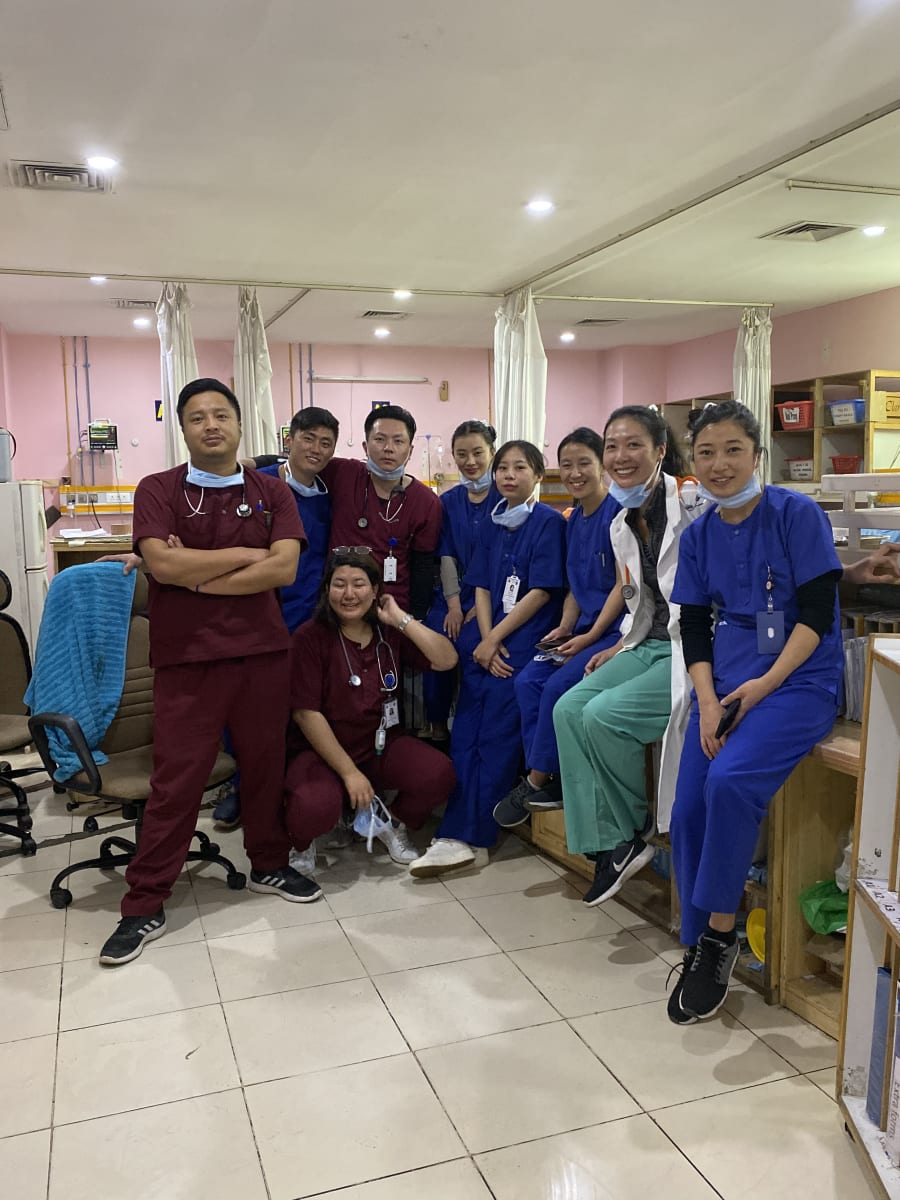I am going to work in a hospital in Thimphu, Bhutan in March 2020 with goals to improve the quality and efficiency of care for patients in the emergency department and to help design and implement a robust emergency medicine curriculum and template for continuing medical education. Direct educational responsibilities will include bedside teaching, hands-on training and case management conferences. I will also work on improving the efficiency of the emergency department by system improvement interventions.
Emergency medicine is a relatively new specialty in Bhutan and the goal of this program is to collaborate with Bhutanese practitioners to develop ways of improving emergency care at their national referral hospital in Thimphu. The department provides emergency and primary care to the local population as well as serving the country as its national referral center for trauma and the critically ill.
The main goals of this project are education and system improvement.
We plan to offer assistance in developing a core curriculum for local medical providers. The aim is to help to ensure that there is continuing impact on medical education and as such that standards of care can continue to improve long after our time in Bhutan is over.






My time in Thimphu, Bhutan, was quite unique as it came at the time COVID-19 was becoming pandemic and we had the country’s first COVID19 patient. I worked at Jigme Dorji Wangchuk National Referral Hospital in Thimphu, which is the referral center for all outlying facilities in Bhutan, as an emergency medicine attending teaching local medical residents. Not only do we serve the local population of Thimphu, but transfers from other facilities vary from premature babies to patients with heart attacks, and from intoxicated archery injuries to bleeding esophageal varices in a 13 year old.
I will never forget the morning i woke to 73 text messages confirming the suspicion that the patient from the night prior was the country’s first positive COVID19 19 patient. Within 24 hours, the country tracked down all contacts and quarantined them. Within 48 hours, the hospital set up a “flu clinic” where they were able to screen and test all patients with suspicious symptoms in a safe and streamlined environment.
As expected in a small and isolated country like Bhutan, the country’s population was very nervous and social distancing was practiced. We continued to teach in small groups while sitting 6 feet apart.
I felt that my experience working in the US allowed me to contribute a different perspective on healthcare. Simulation training, including COVID intubation, ACLS and PALS, was well received by residents and we felt able to teach the use of emergency ultrasound. We were treating patients whilst in country and training residents who would continue to provide great medical care long after I left.